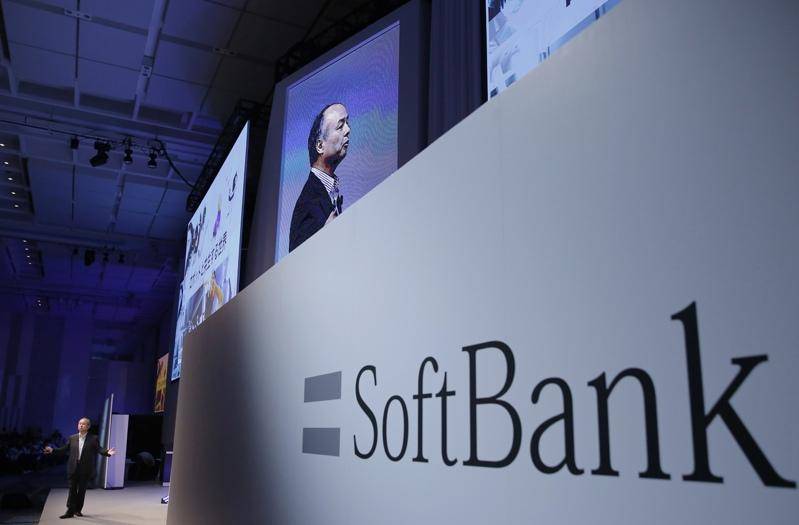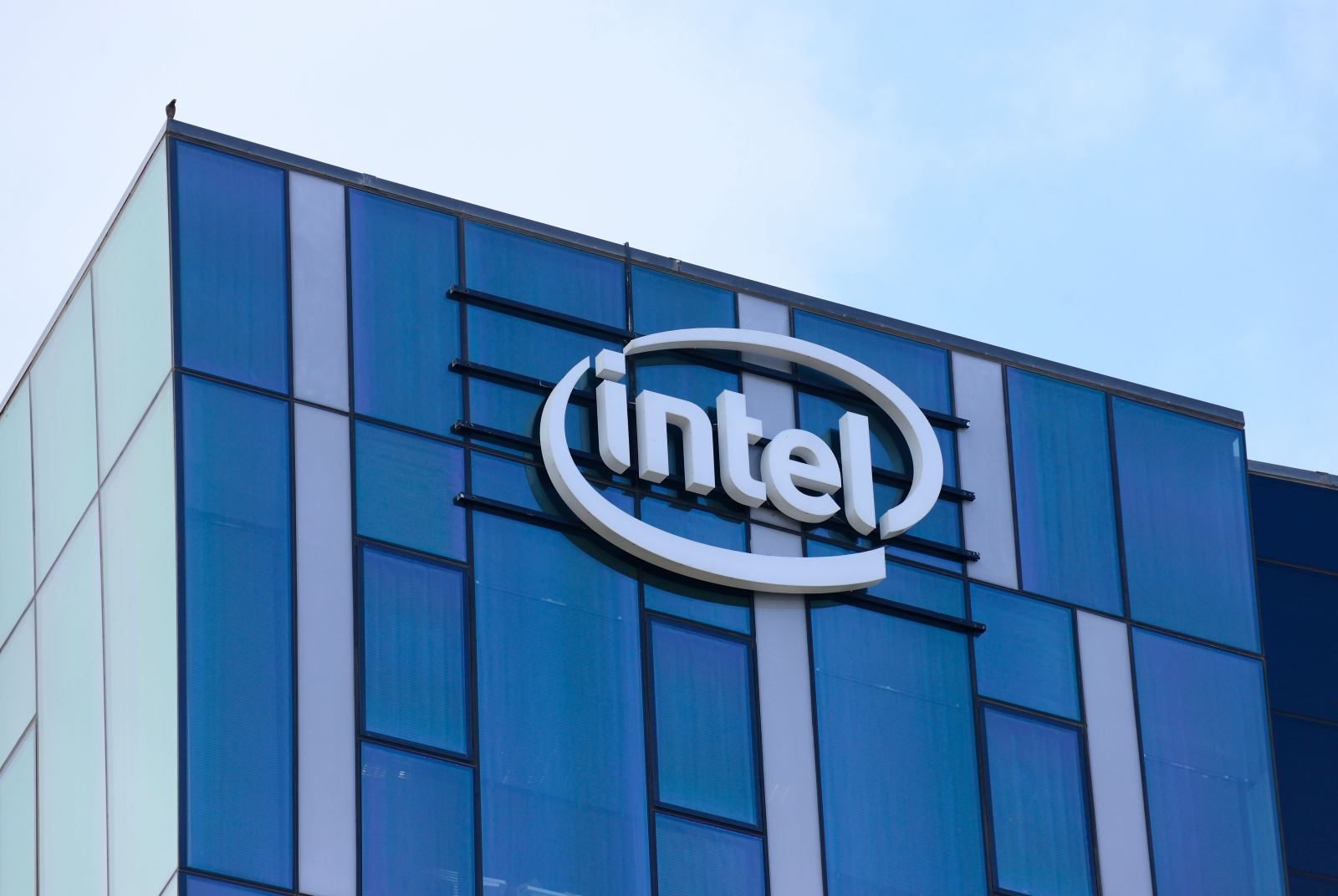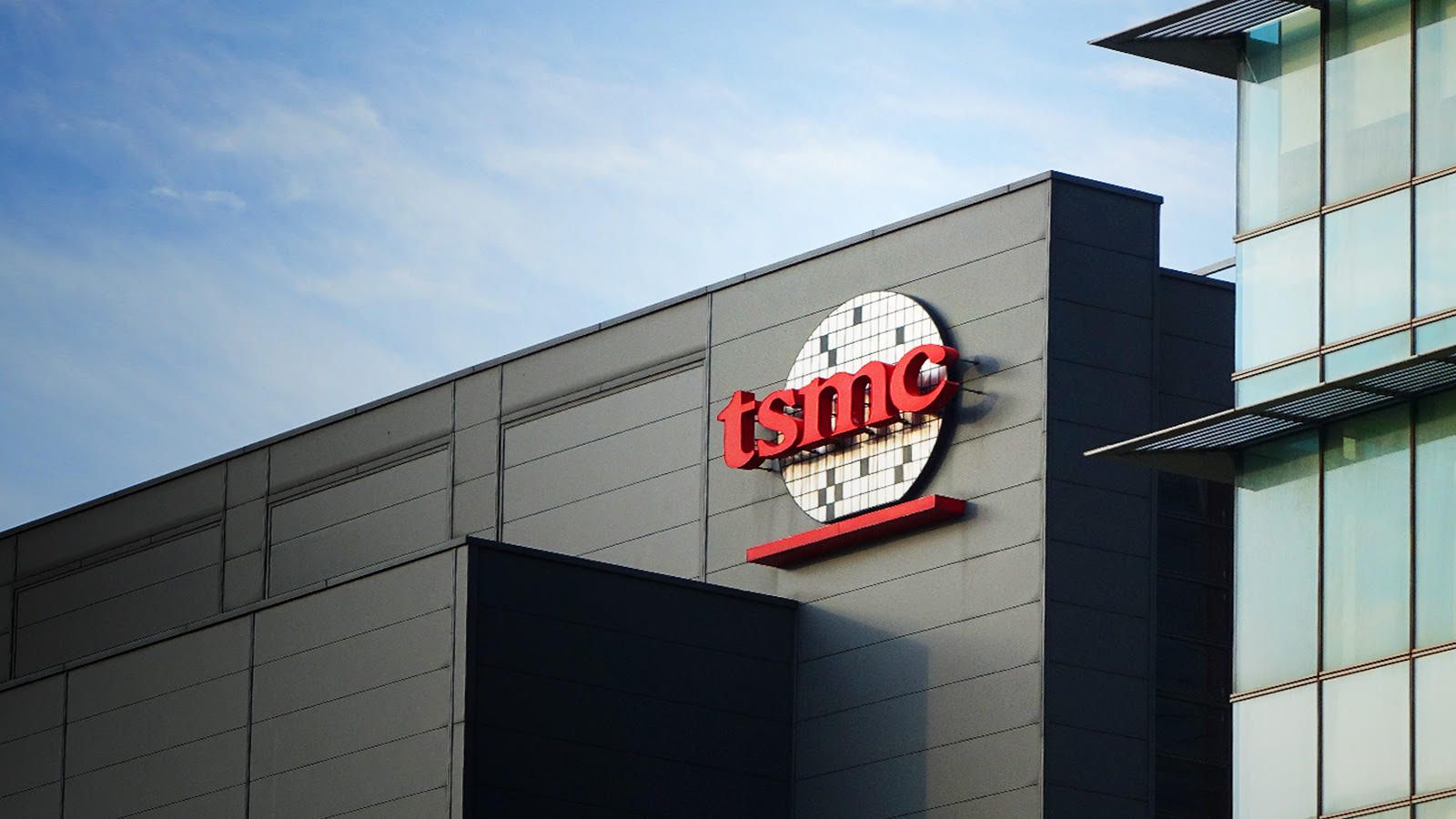Softbank Intel Cooperation Fails, TSMC Reaps the Reward?
It is understood that SoftBank failed to reach an agreement with Intel on the plan to cooperate in the production of AI chips, so it turned to TSMC for foundry.
According to reports, Japan's SoftBank Group failed to reach an agreement with Intel on its plan to produce AI chips, and attributed the failure of the negotiations to Intel's inability to meet the group's requirements for output and speed.
SoftBank's original intention of proposing this cooperation was to challenge Nvidia's market dominance by combining the chip design of its ARM company and the production technology of the recently acquired British AI chip manufacturer Graphcore.
It is reported that Nvidia's chips mainly use the ARM architecture, and SoftBank holds more than 90% of ARM's shares and has absolute control over it. According to ARM's latest outlook, the company will optimize its products in the future to support AI models to run at higher speeds, but has not yet produced a dedicated AI processor compatible with Nvidia's GPU.

It is well known that SoftBank CEO Masayoshi Son plans to invest billions of dollars to put the group at the center of the AI boom.
In July this year, SoftBank acquired Graphcore, a British AI chip design company, to expand its share in the chip market. The latter has developed an AI chip called IPU Bow, which is committed to overcoming the limitations of traditional CPUs and GPUs in AI computing and is positioned as a direct replacement for Nvidia's GPU.
The acquisition also brought SoftBank a chip production technology called "wafer stacking", which can place silicon modules with power management components directly on AI processors, and make the processor run at high speed by utilizing the power stored in the power management module. It is reported that the first prototype of the AI processor will be launched in the next few months.
The temptation of Intel for SoftBank is that the company provides two foundry processes, Intel 3 and Intel 20A, and 20A uses two new technologies, PowerVia back power supply and RibbonFET full surround transistor, which has won the favor of a number of chip manufacturers.
Moreover, under the influence of the funding support of the Biden administration's "Chips Act", Intel's AI chip production in the United States foundry is very attractive.
On the other hand, Intel CEO Pat Gelsinger is trying to get Intel back to the leading position in global chip manufacturing. In March this year, Intel received nearly $20 billion in funds and loans from the US government, and then invested heavily to catch up with competitors TSMC and Samsung and win new important customers for its foundry business.

However, in fact, the breakdown of the negotiations between SoftBank and Intel has long been a clue.
On the one hand, Intel's Q2 financial report data shows that its chip foundry business has performed poorly and has caused billions of dollars in losses; cash flow is tight, so dividends will be suspended from the fourth quarter; and this negotiation happened just before Intel announced a major cost-cutting plan.
Intel CEO Pat Gelsinger proposed at the earnings conference that the company will carry out a "major cost-cutting measure" and plans to lay off about 15,000 employees (about 15% of the total number of employees) as part of a $10 billion cost-saving plan.
In addition, Intel also sold all of ARM's shares for $150 million in the quarter.
On the other hand, SoftBank's "high self-esteem" character seems to have become another factor in the failure of this negotiation. Since the beginning of this year, the group has frequently sent signals of getting involved in AI.
In February this year, it was reported that Masayoshi Son was trying to raise $100 billion to set up an AI company called Project Izanagi, hoping to compete with Nvidia; in April, he announced that he would invest $900 million to develop high-performance semiconductor infrastructure by 2025, increasing computing power to dozens of times the current level; then, he made a bold statement to invest $9 billion a year in AI investment (including chip production); in May, ARM established an independent department for AI chip development, which is expected to produce prototype products by the spring of 2025 and start mass production in the fall of the same year.
However, despite repeated setbacks, Masayoshi Son has not given up his determination to enter the field of AI chips. Despite the uncertainty of production plans, he still promotes his plans to technology giants such as Google and Meta to obtain financial support for the latest projects, including chip production and software, as well as power supply for data centers that house its processors.
However, SoftBank added with some reservations that given the limited number of chip manufacturers in the world that are capable of producing cutting-edge AI processors, it is possible to restart negotiations with Intel in the future.
Currently, SoftBank is focusing on negotiations with TSMC, but no agreement has been reached yet.

·Original
Disclaimer: The views in this article are from the original Creator and do not represent the views or position of Hawk Insight. The content of the article is for reference, communication and learning only, and does not constitute investment advice. If it involves copyright issues, please contact us for deletion.